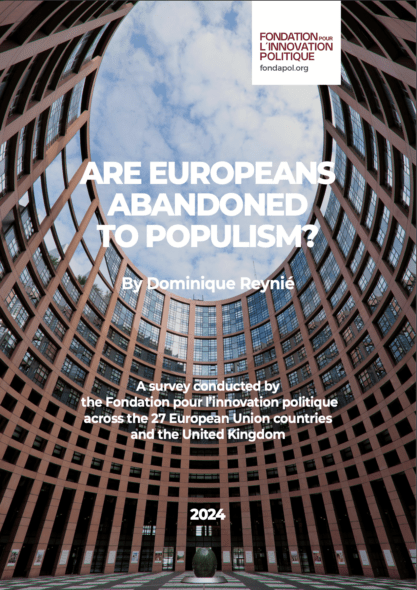
Data portability: an antitrust weapon for the digital economy?
Antoine Michon, Paul-Adrien Hyppolite | 13 December 2018
The recent rulings by the European Commission against the U.S. giants Google and Qualcomm point to the fact that a handful of tech companies have adopted anticompetitive practices, thereby hindering competition and preventing young and innovative companies from entering the market. Against a backdrop of increasingly subtle distortions of competition, public authorities would benefit from adding a proactive approach to their reactive antitrust action.
Portability can be a powerful driver of competition in industries with strong network effects and therefore appears to be a valuable option. It has already been quite successfully implemented in two major economic sectors: telecommunications and retail banking. In telecommunications, mobile number portability imposed by the European Union in 2002 has undeniably contributed to the vitality of the mobile telecommunications market. In retail banking, the Payment System Directive (PSD2) has introduced portability of data relative to current accounts. Under this Directive, European account holders are allowed to request their bank to transmit their financial data to third parties.
In reality, portability in the digital economy is not a novel idea as it was introduced by the European Union in the General Data Protection Regulation (GDPR). It theoretically grants the right to any user to receive, transmit or have their personal data transmitted from one digital service provider to another. However, data portability is limited to “technically feasible cases”. In practice, this regulation is incomplete and could prove to be inoperative due to a lack of interoperability standards. Given the repeated anticompetitive failures in the industry, there is a need for more ambitious regulation.
DATA PORTABILITY IN THE DIGITAL ECONOMY
In concrete terms, what would portability in the digital economy look like? Let us imagine we could easily transfer our playlists between online music platforms (Spotify, Deezer, Apple Music, etc.), our files between cloud service providers (Google Drive, DropBox, OneDrive, etc.), our purchase records between online retailers (Amazon, CDiscount, Zalando, etc.) or our social graph between social media platforms (Facebook, Twitter, Snapchat, etc). By limiting platform lock-in, such measures would significantly intensify competition within these market segments.
To achieve this, regulators could impose data portability in certain specific industries, such as music streaming or e-commerce. In order to avoid undesirable effects on young developing start-ups, this portability requirement may only apply to companies exceeding a certain threshold of turnover. It would then be the companies’ responsibility to define compliant interfaces within working groups giving a voice to all operators in the industry.
While fostering competition among the “big” players, such a scheme would ensure that “smaller” companies that fall below the defined revenue threshold have a say in the negotiations. In addition, implementing standard interfaces would certainly pave the way to growth for numerous young companies that are currently limited by proprietary ecosystems owned by a handful of tech giants with which they cannot compete.
If we do not question the status quo, we risk inhibiting the emergence of new digital champions who offer strong innovative potential. Hence, urgent action is needed.
Paul-Adrien Hyppolite and Antoine Michon, Corps des Mines engineers, are the authors of Big Tech Dominance, a paper published by the Fondation pour l’innovation politique, November 2018.












No comments.